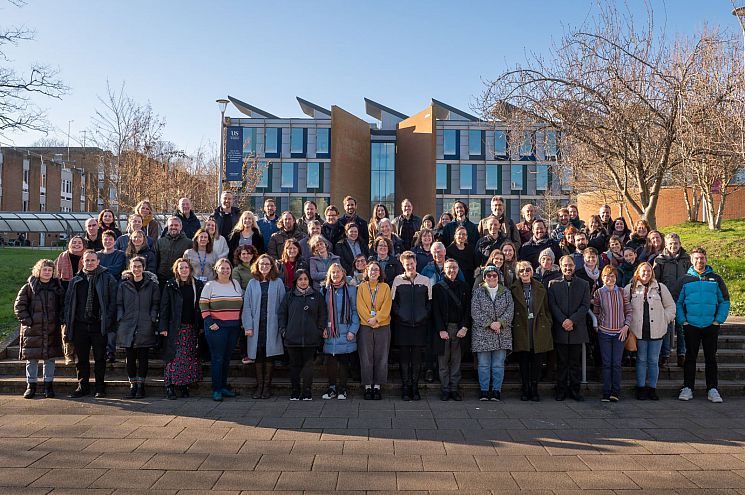Our history and vision
Learn how we are building on our inter-disciplinarity heritage to deliver on our strategic vision of 'Psychology for a Better World'.

Psychology was established at Sussex in the early 1960s as a break from traditional models of teaching (by integrating with other disciplines) and with inclusive values (excellence without elitism). This pioneering spirit survives today as we seek to address some of the most pressing challenges of our time such as understanding dementia, improving youth mental health, and reducing intergroup conflict.
Psychology was centrally embedded within several academic areas since the early foundation of the University.
In 1964, Stuart Sutherland was appointed to lead the Experimental Psychology laboratory in the School of Biological Sciences where he made several key appointments that helped put Sussex on the international map. In addition to pioneering the field of animal cognition, he was famous for his autobiographical account of mental illness (“Breakdown”).
In 1965, Marie Jahoda was appointed Chair of Social Psychology in the School of Social Studies, where researchers conducted pivotal research on topics such as positive mental health, prejudice, and social relations.
A third major area of development was in Cognitive Science, including an interest in topics such as artificial intelligence well before it became fashionable. Margaret Boden, a leading expert on creativity in humans and machines, joined Sussex in 1965 and was central to the Foundation of the School of Cognitive Science in 1987, which included many psychologists.
Psychologists in these three earlier groupings (Biology, Arts / Social Science, Cognitive Science) were consolidated into a single Department of Psychology in 2003, becoming a School in 2009. Since then, we have undergone significant expansion, in terms of both staff and student numbers, to become one of the largest hubs of Psychology in the UK (see the photo above).
Our interdisciplinary heritage is retained in both our current research (e.g. via our key role in the University’s Centres of Excellence) and teaching (e.g. through a range of electives and minor streams).
Anchored by our core values of kindness, integrity, inclusion, collaboration and courage, our research and teaching address societal challenges to create a better world. Find out more about our current 2025 strategy.